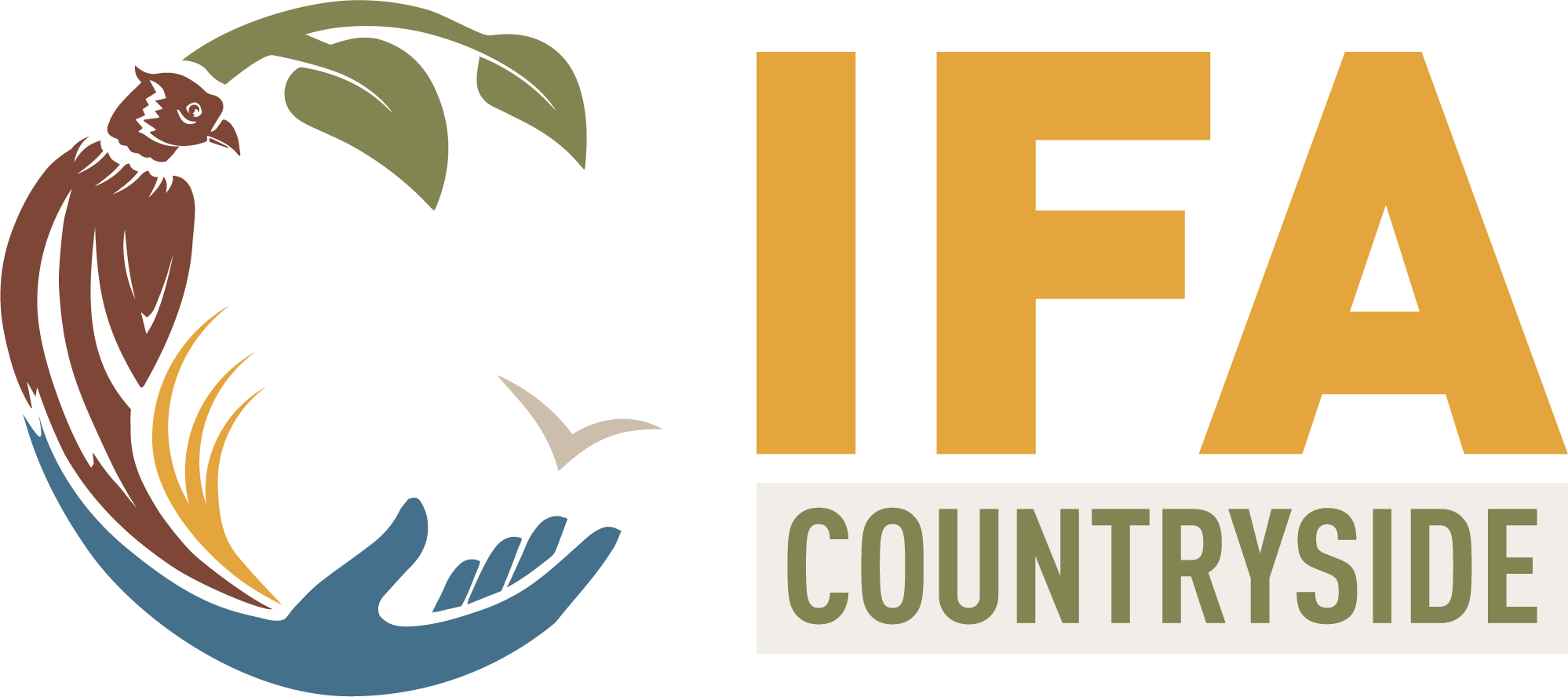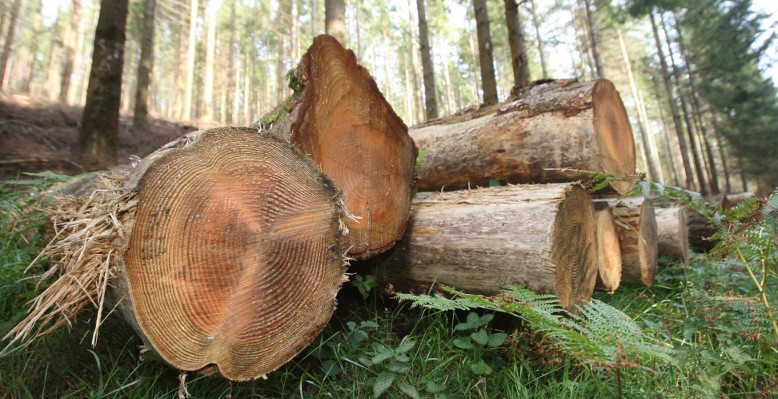
by Barbara Killeen | Jan 26, 2023 | Climate, Environment, Sustainability
The IFA met with Coillte CEO Imelda Hurley and Managing Director Mark Carlin yesterday in the Irish Farm Centre to discuss the controversy over Coillte working with a private equity fund to plant forestry in Ireland. IFA Farm Forestry Chair Jason Fleming said there...
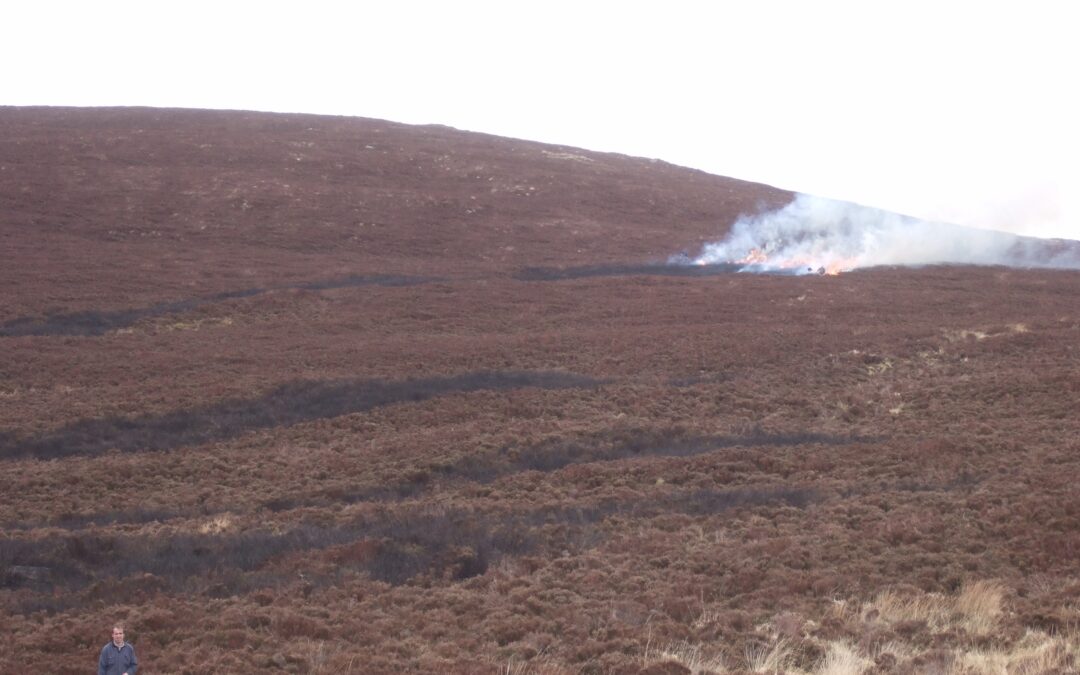
by Barbara Killeen | Feb 18, 2022 | Biodiversity, Climate, Conservation, countryside, Environment, Sustainability
The IFA National Hill Farming Chairman Cáillin Conneely has called on the Heritage Minister Malcolm Noonan to ensure the managed burning of gorse is allowed in March. At a meeting with the Minister, Cáillin Conneely said the extension by a month will bring a number of...
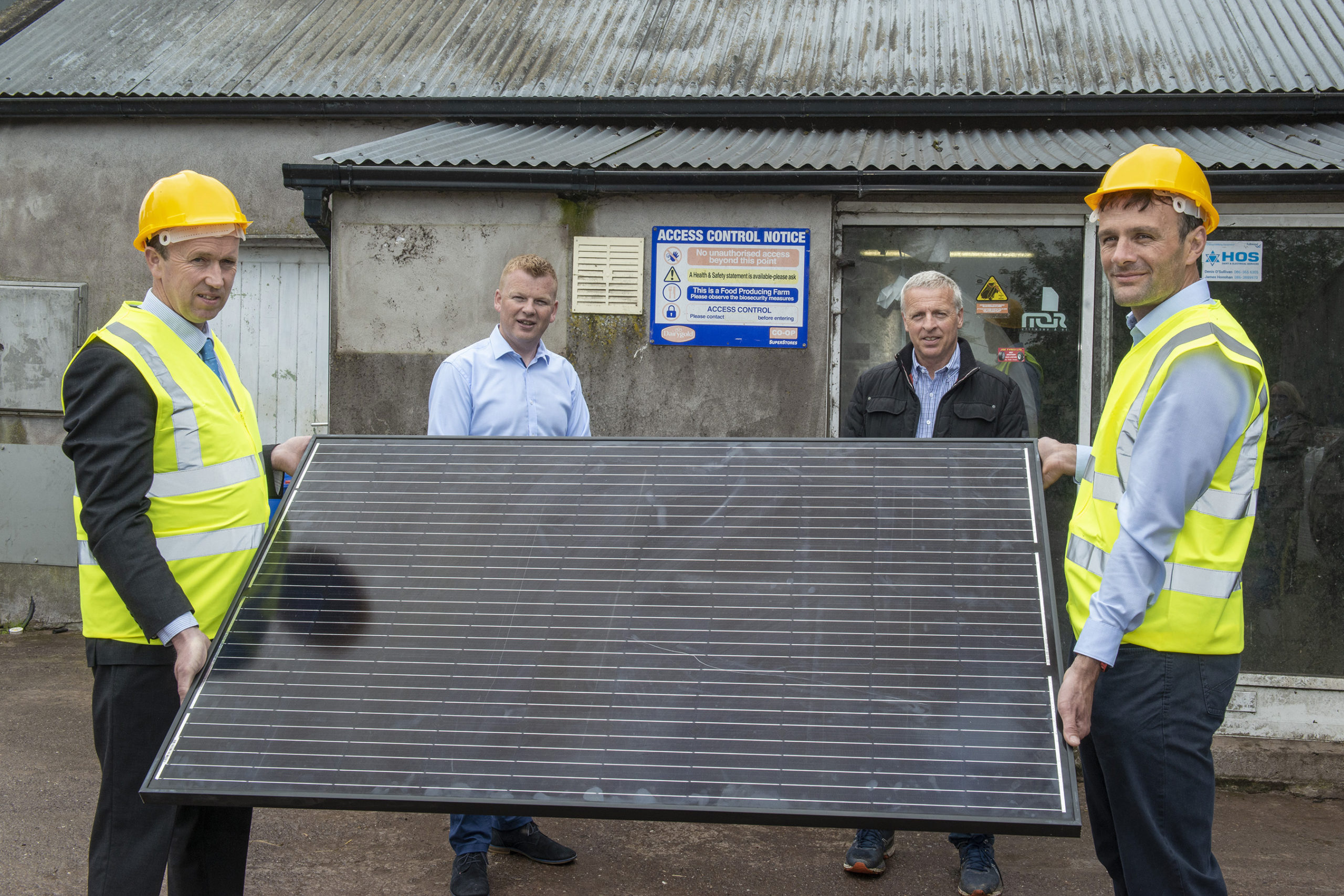
by Barbara Killeen | Jan 20, 2022 | Climate, Rural Services
IFA and Bord Gáis Energy launched a comprehensive solar pilot for farmers today. The project, which has been in development for over a year, reached a key milestone this week with the successful installation and commissioning of two farms. At the launch, James Kelly,...
by Barbara Killeen | Nov 10, 2021 | Climate, weather
Met Éireann has joined forces with the National Weather Services of Denmark, Iceland and the Netherlands to jointly operate a new supercomputer that will bring significant advancements to short-term weather forecasting. Wednesday 10th November 2021 – Today, on World...
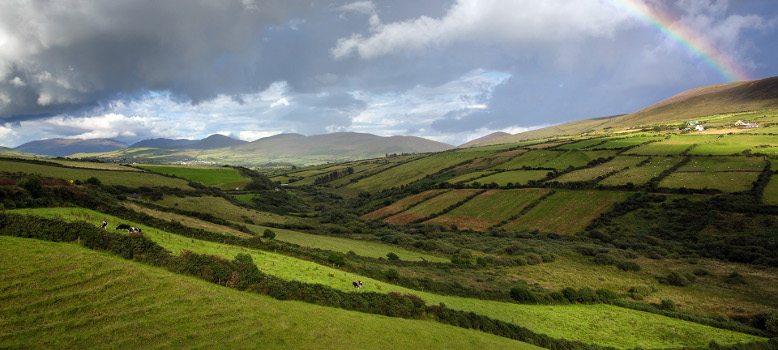
by Barbara Killeen | Oct 28, 2021 | Climate, countryside, Rural Ireland
IFA President Tim Cullinan said the carbon budget staging announced by the Climate Change Advisory Council and the sectoral emissions ceilings reported, will have serious repercussions for farming. “Our most productive farmers simply cannot remain viable if...
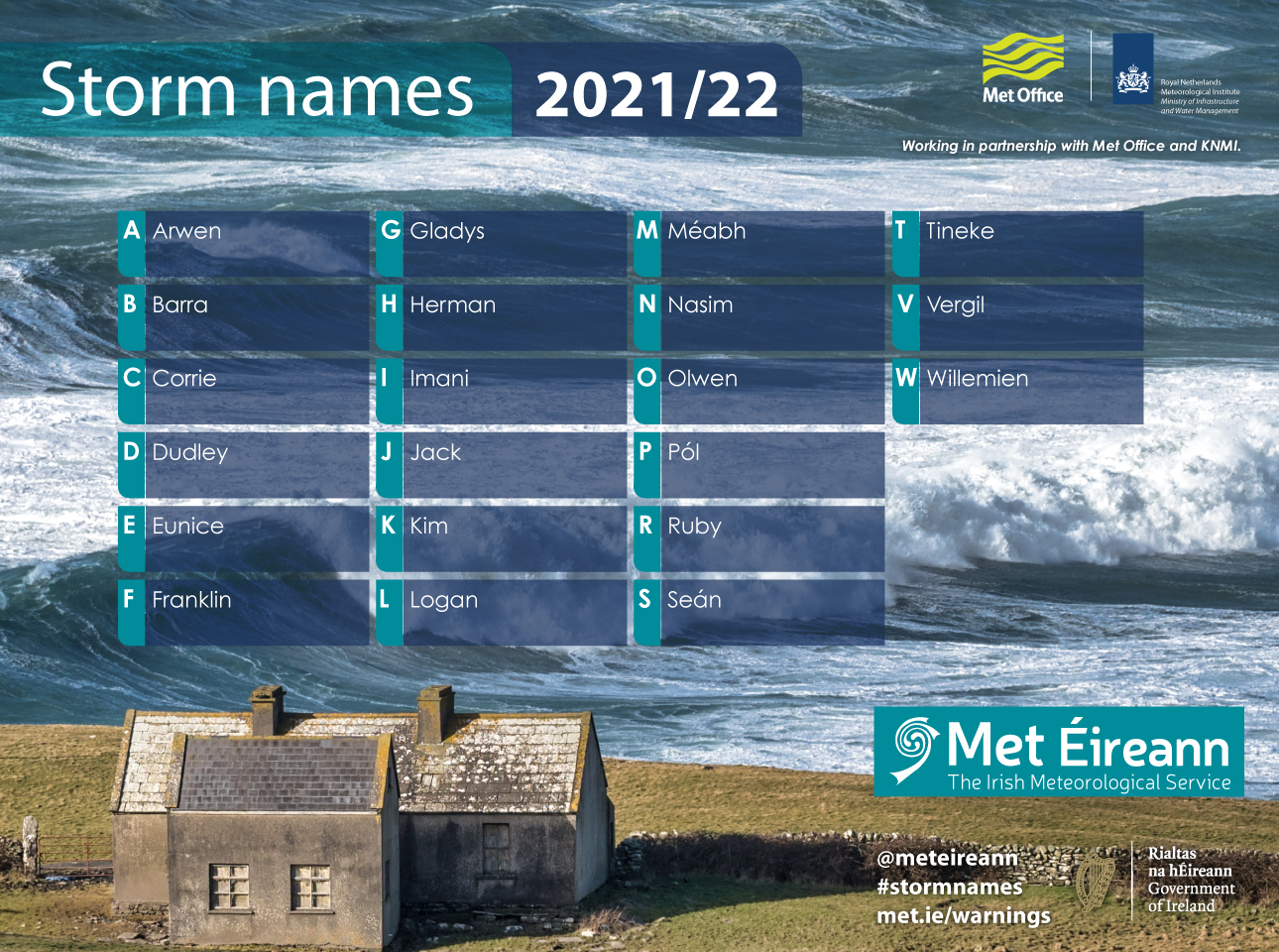
by Barbara Killeen | Sep 1, 2021 | Climate
Met Éireann, along with the Met Office and KNMI – the national weather services of the UK and Netherlands, have today (Wednesday September 1st) released the new list of storm names for the 2021-22 storm season. Since 2014 Met Éireann and the Met Office have been...






